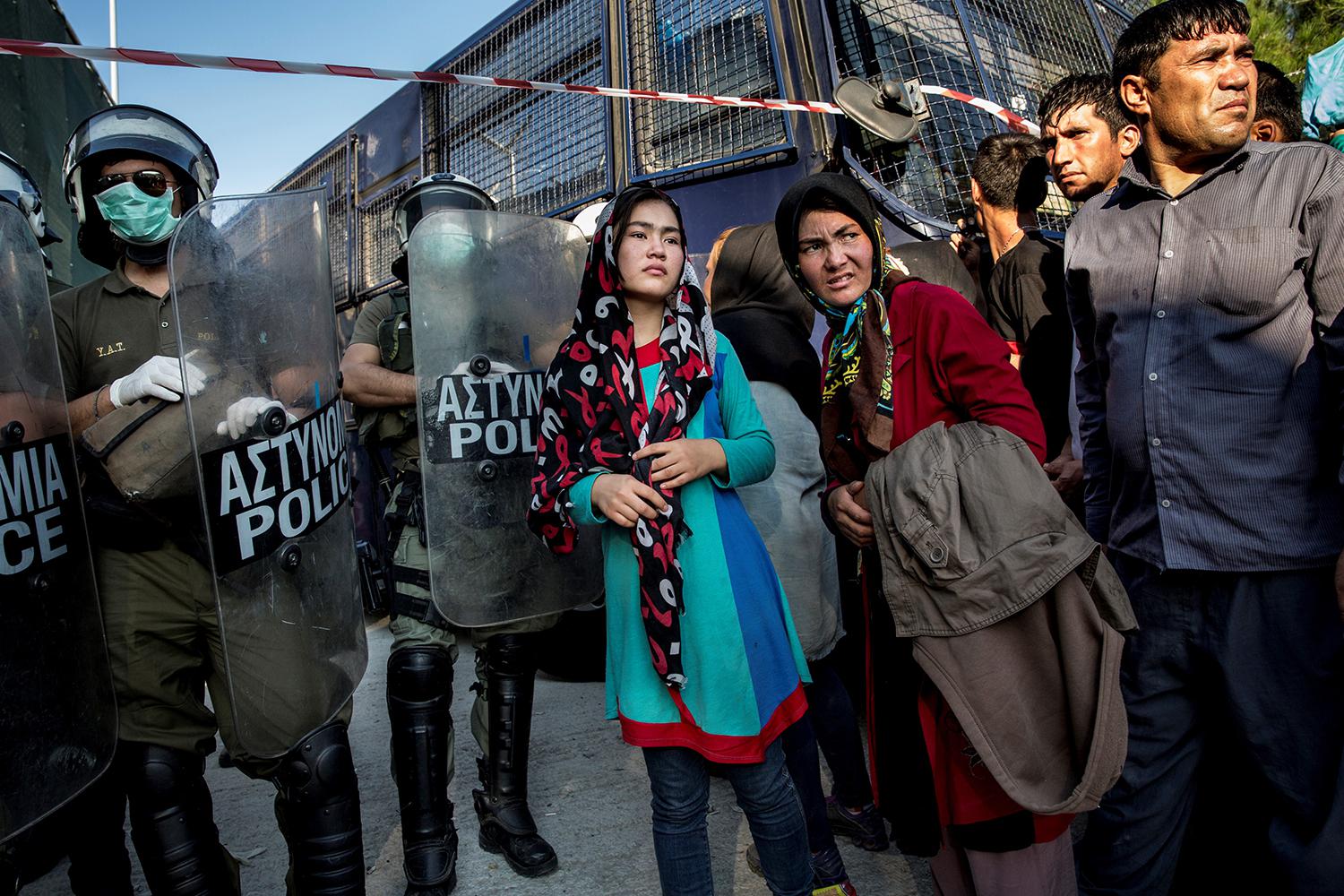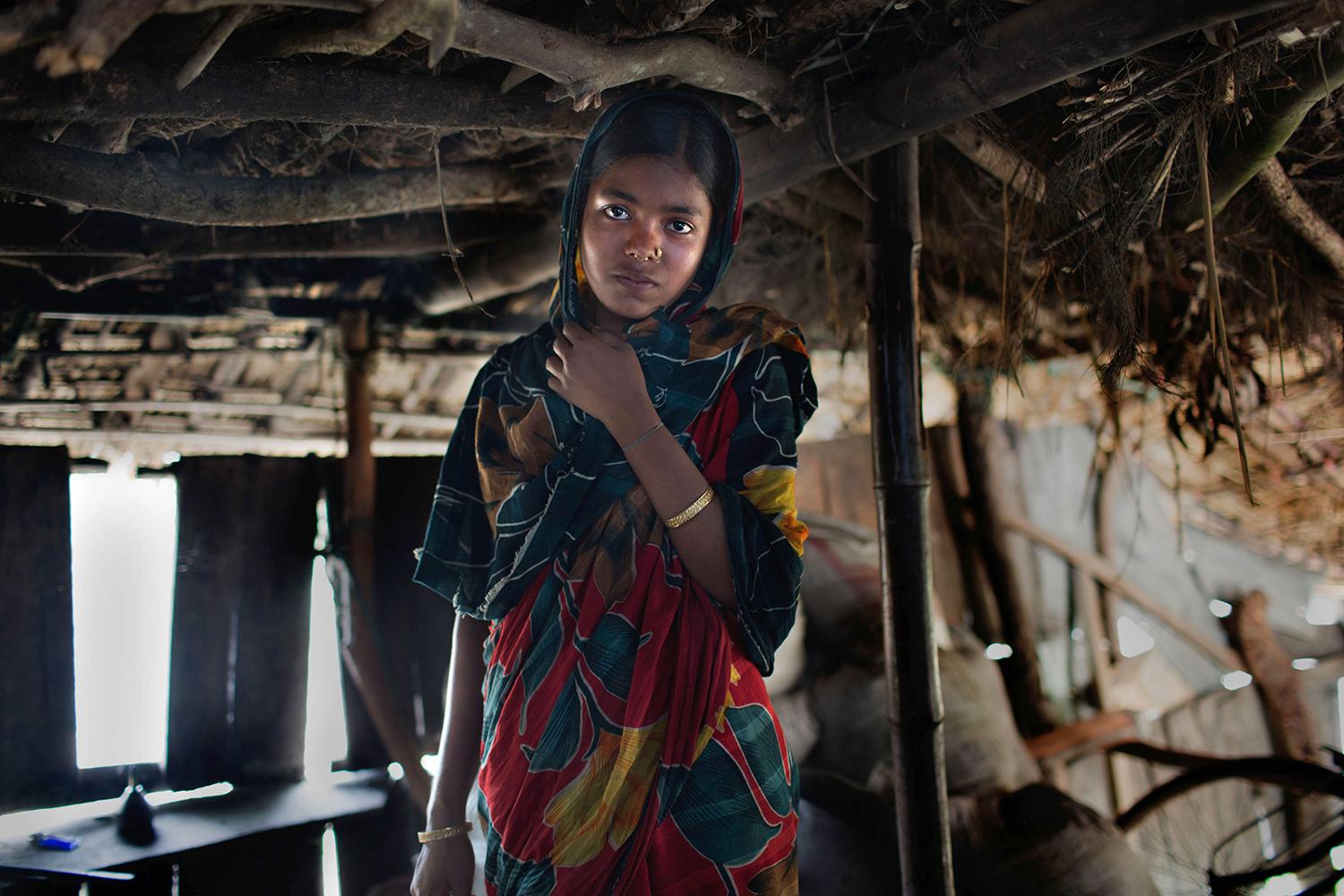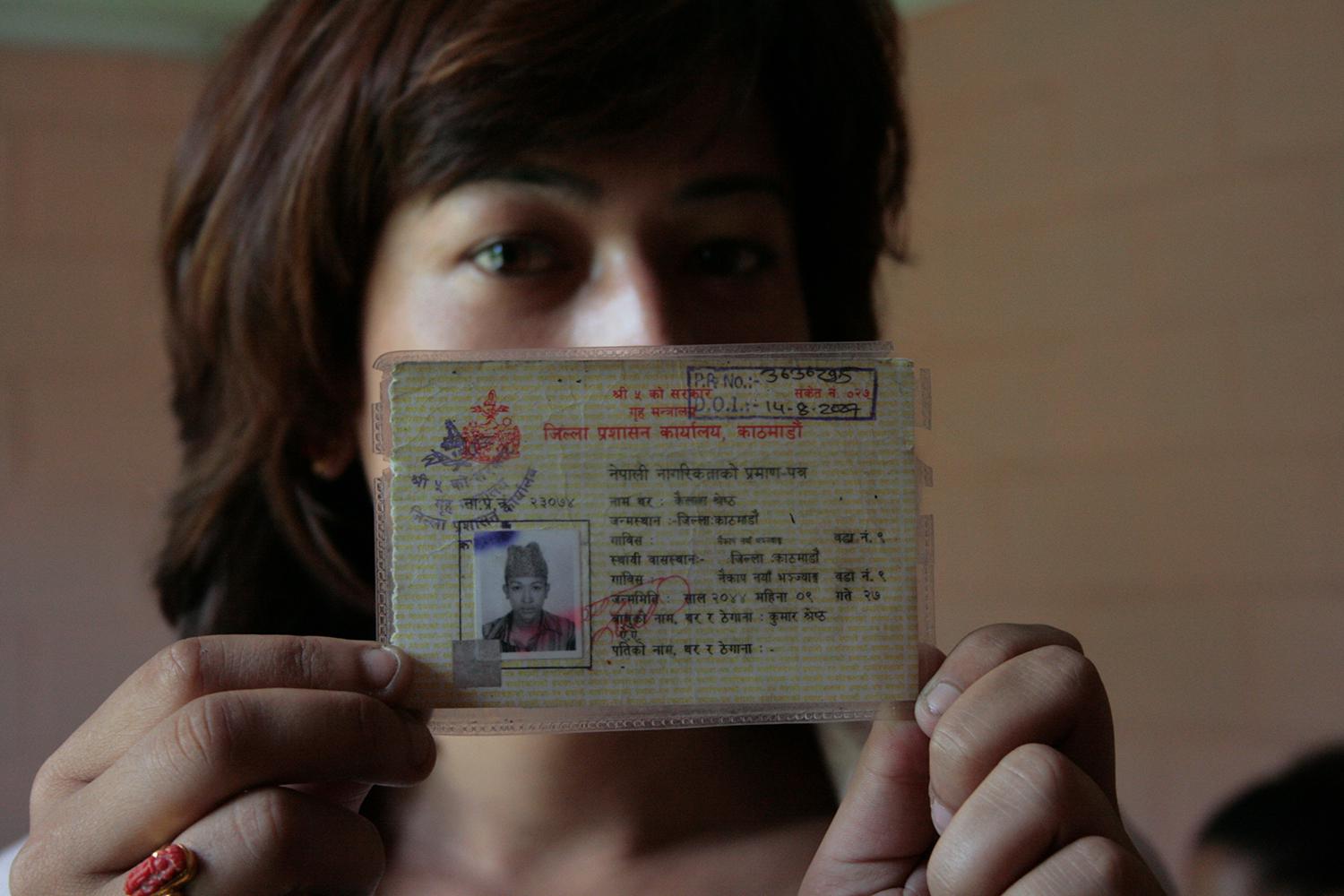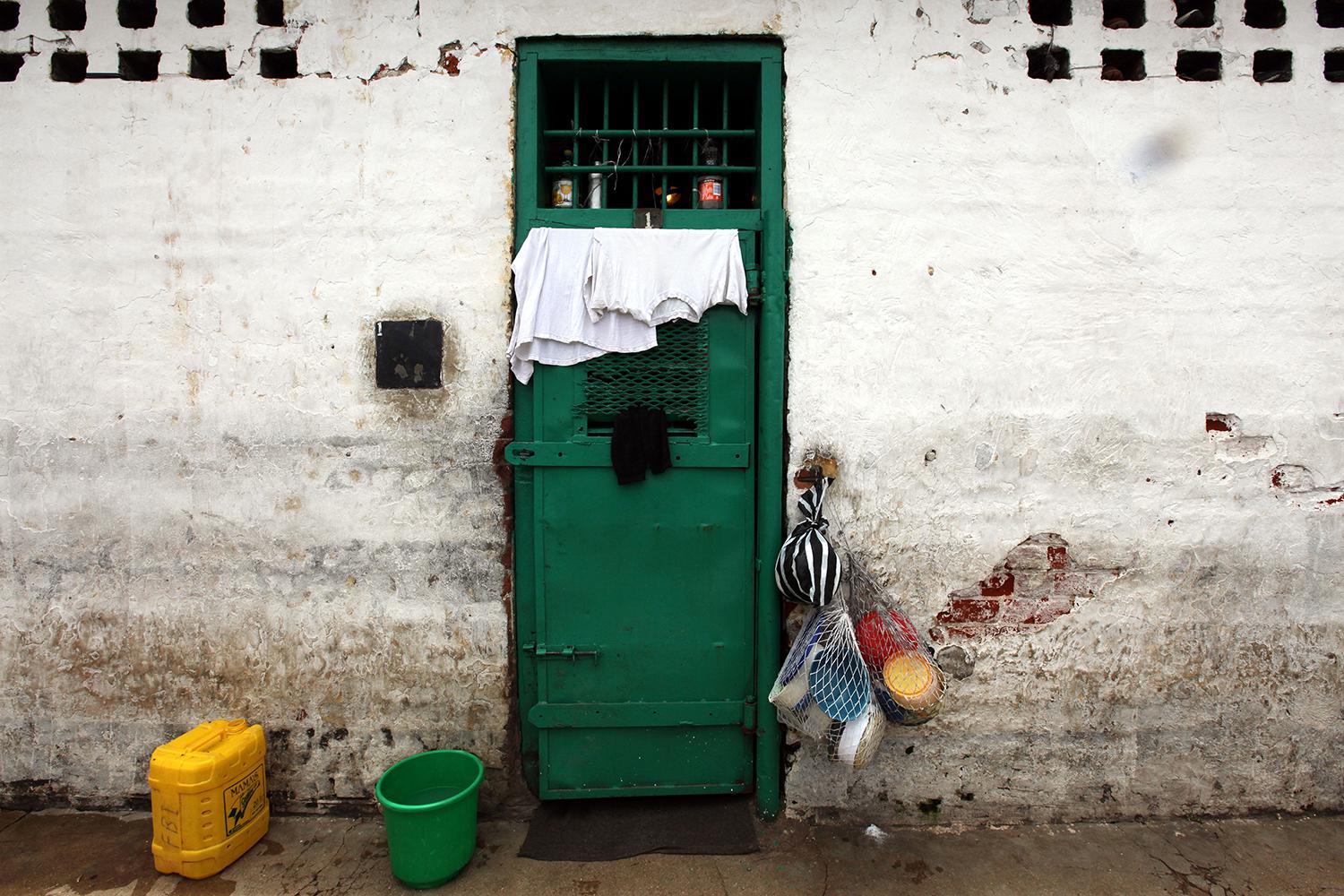The government again failed in 2015 to introduce reforms promised since 2011 and severely restricted human rights. Authorities continued to stifle free speech and rights to freedom of association, peaceful assembly and protest, arbitrarily arresting and prosecuting trade union and human rights activists. They also continued to block the legal registration of several national and international human rights organizations. In July, communal violence in the Ghardaia region—600 kilometers south of Algiers—between local Sunni Arabs and members of the Amazigh, or Berber, minority left 25 people dead and more than 70 injured, mostly by gunfire.
Freedom of Assembly
The government continued to suppress peaceful protests by prohibiting all public gatherings held without prior approval. Article 97 of the penal code makes it a crime to organize or participate in an unauthorized gathering, even if it is peaceful, and imposes a penalty of up to one year in prison for demonstrating in public spaces.
The courts imposed prison sentences on at least nine labor rights activists convicted of engaging in peaceful protests in support of unemployed workers. On February 11, the First Instance Tribunal of Laghouat sentenced eight members of the National Committee for the Defense of the Rights of Unemployed Workers (Comité National pour la Défense des Droits de Chômeurs, CNDDC) to one-year prison terms, half of which it suspended, after convicting them of “unauthorized gathering” and “exercising pressure on the decisions of magistrates,” under penal code articles 97 and 147.
Police arrested the eight union activists two weeks earlier when they gathered outside the court to protest against the trial of Mohamed Rag, a CNDDC activist arrested in January, who received an 18 month prison sentence for engaging in another protest. The sentences were all confirmed on appeal.
Freedom of Association
The Ministry of Interior continued to block the registration of several human rights and others organizations, impeding their ability to operate legally and exposing them to risk of dissolution. In 2012, the government enacted Law 12-06, which requires all associations—including those that had already successfully registered—to re-file registration applications and obtain a registration receipt from the Interior Ministry before they can operate legally.
In practice, however, the ministry refused to issue such receipts, without providing reasons, to a number of associations, thus making their legal status uncertain. Law 12-06 gives authorities wide discretionary powers to refuse to deny new associations legal status and to order the dissolution of associations that already have legal status.
For example, authorities can refuse to register any association whose activities they deem “contrary to public order, public morality, and the provisions of existing laws and regulations.” They can also deny registration to a formerly registered association on vague criteria, such as deeming it to be “interfering with the internal affairs of the country” or “harming its sovereignty,” or because it has received foreign funding without obtaining government approval or is deemed to be conducting activities not specified in its statute.
The Algerian League for Human Rights (Ligue Algérienne des Droits de l’Homme, LADDH) and Youth Action Rally (Rassemblement Action Jeunesse, RAJ) were among a number of formerly registered associations whose new applications for registration received no answer from the Ministry of Interior, leaving them in legal limbo.
Freedom of Speech
Although a new press law enacted in 2012 removed imprisonment as a penalty for defamation and other speech offenses—such as “contempt” of the president, state institutions, or courts—authorities continued to arrest, prosecute, and imprison critics using penal code provisions. They also threatened media deemed critical of the government.
Police arrested Rachid Aouine, a labor rights activist, on March 1 after he posted an ironic comment on Facebook in response to a government announcement that law enforcement officers who staged protests would face disciplinary action. Authorities charged him with “inciting an unarmed gathering” under article 100 of the penal code. On March 9, a court convicted Aouine and sentenced him to six months in prison.
In April, authorities censored “Weekend,” a satirical talk show broadcast by the privately owned El Djazaira TV after the show’s presenter in its April 17 edition referred to the Paris apartments of several Algerian ministers, hinting at possible corruption and embezzlement. The state Broadcasting Regulatory Authority promptly summoned the talk show’s producer, Karim Kardache, and warned him of possible penalties against the TV station, and publicly accused the program of “sarcasm and mocking people including state symbols” and of breaches of professional ethics punishable under media and broadcasting laws.
On October 4, the general prosecutor in Al Bayadh tribunal brought charges against Hassan Bouras, a freelance journalist who has been critical of the government, for “insulting state institutions” and “attacks intended to overthrow the regime.” He has been in detention since then. Algerian authorities have previously targeted him for alleging local corruption in al-Bayadh.
Terrorism and Counterterrorism
At least nine Algerian soldiers were killed in an attack on July 17 when their patrol was ambushed by members of the armed extremist group Al-Qaeda in the Islamic Magreb (AQIM) at Souq al-Attaf in northwestern Ain Defla province. The attack was one of the most lethal in the country since a mass hostage-taking by attackers linked to Al-Qaeda at the In Amenas natural gas plant in eastern Algeria killed 40 people in January 2013.
Algerian authorities arrested and prosecuted several political and minority rights activists on terrorism charges despite weak evidence. On July 9, police arrested Kameleddine Fekhar, an Amazigh activist and advocate of autonomy for the northern Sahara Ghardaia region who had previously accused the government of “complicity in crimes against humanity by Sunni Arabs against the Amazigh, or Berber,” and 24 others. Authorities charged all 25 with participating in a terrorist act and inciting hatred during violent confrontations on July 7 between members of the Amazigh and the Arab communities in the Ghardaia.
Women’s Rights
The People’s National Assembly, the lower chamber of parliament, adopted a draft law in March to amend the penal code to criminalize physical violence against a spouse and sexual harassment in public spaces, but amid opposition from Islamist and conservative parties by September, the Senate had still to debate and vote on the proposed law. There is no other specific law on domestic violence that provides measures to protect individuals from domestic violence, including allowing authorities to issue temporary protection orders for victims. Marital rape is not explicitly recognized as a crime under Algerian law.
Accountability for Past Crimes
Perpetrators of human rights crimes and abuses during the internal armed conflict of the 1990s continued to enjoy impunity under the 1999 Law on Peace and National Reconciliation. This law criminalizes comments deemed to denigrate the security forces or state institutions for their conduct during the political strife of the 1990s, during which state forces committed torture, enforced disappearances, unlawful killings, and other serious abuses.
Associations representing the families of the disappeared continued to face official harassment and pressure to accept state offers of compensation provided under the same law, and to abandon their demands for details of the fate of those missing and for truth and justice.
Key International Actors
On March 29, for the first time in more than a decade, the European Parliament adopted a resolution on the “imprisonment of workers and human rights activists in Algeria,” calling on the Algerian authorities “to ensure the safety and security of civil society activists and human rights defenders and their freedom to pursue their legitimate and peaceful activities.”
The Algerian government has only permitted one United Nations human rights mechanism, namely the special rapporteur on the rights to education in early 2015, to visit Algeria since 2011. Pending requests for access included those of the UN special rapporteurs on torture and on freedom of peaceful assembly and of association, and of the UN Working Groups on Enforced or Involuntary Disappearances and on Arbitrary Detention.




